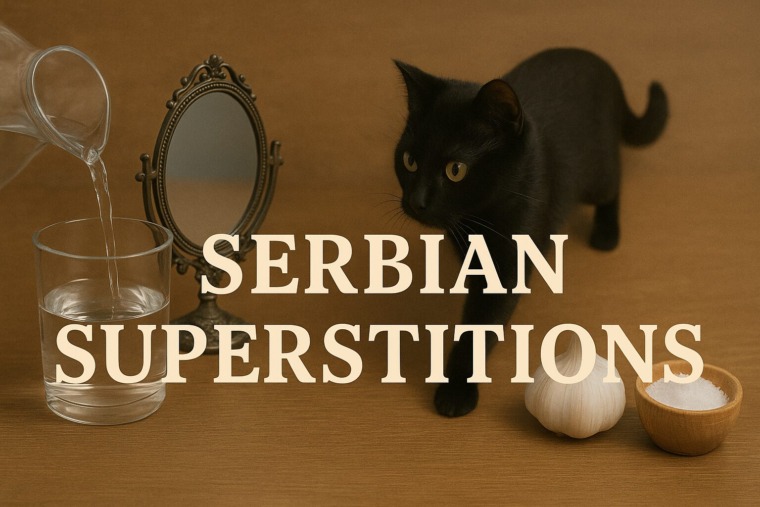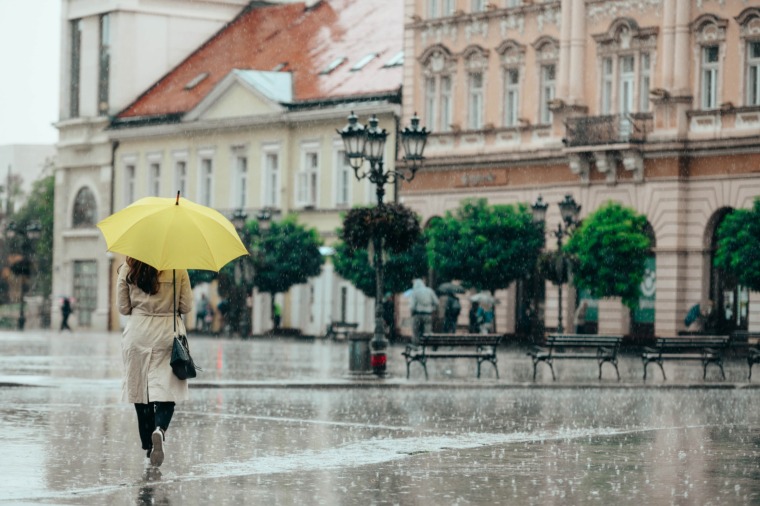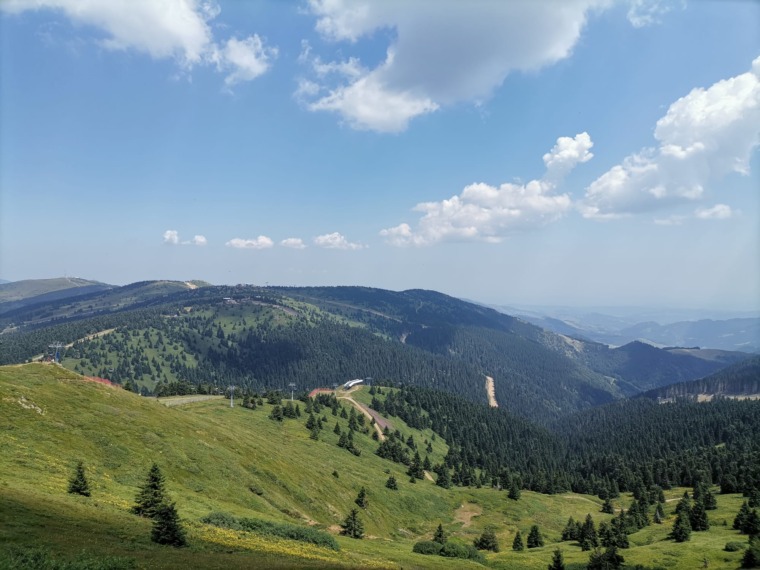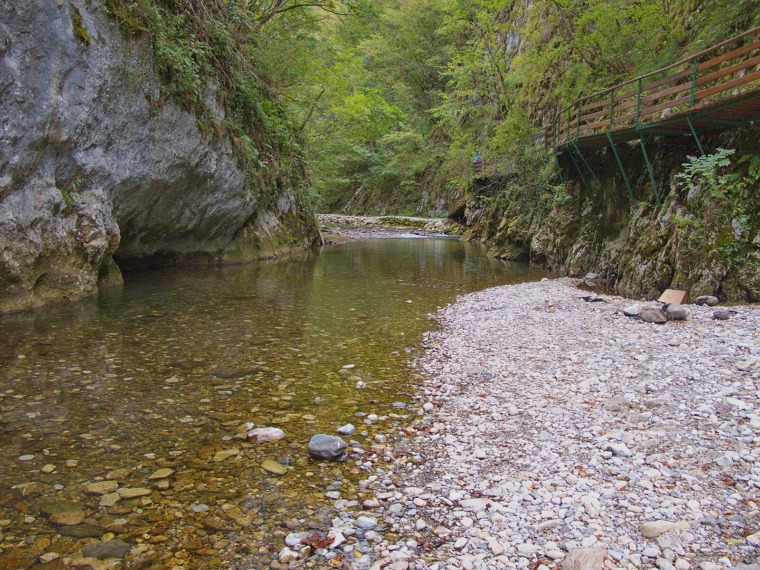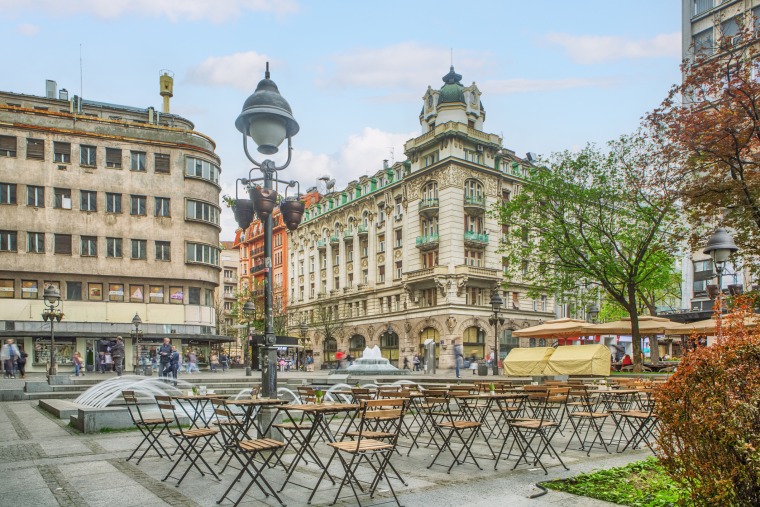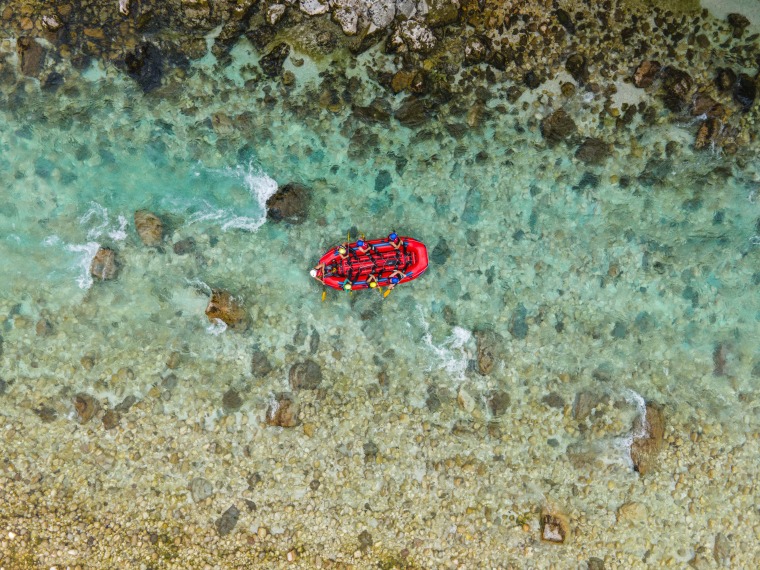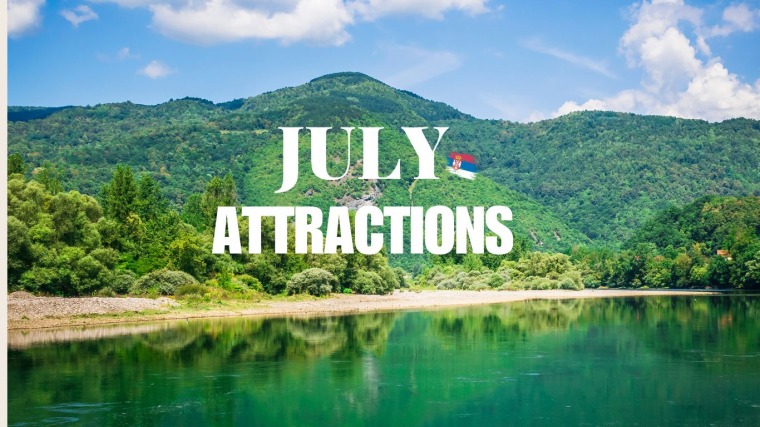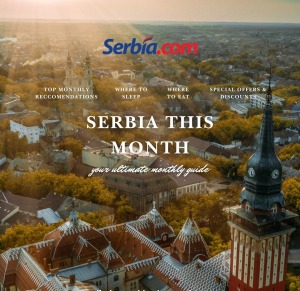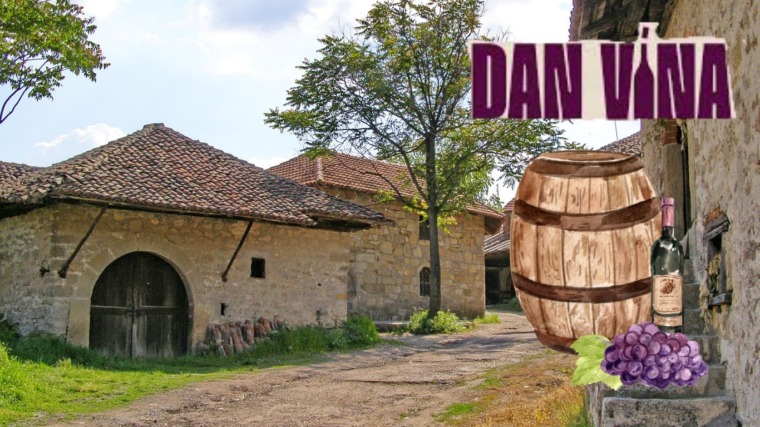

In the WW1, Serbia confronted larger, better equipped and better armed Austro-Hungarian army. Austria-Hungary had about 378.000 professional soldiers at the beggining of the war, while Serbia mobilized 250.000 men during the entire war. In Serbia, all men capable for war were mobilized – peasants, educated people, craftsmen, merchants… It was total mobilization. The problem was that part of the army was disabled in the previous Balkan wars (1912-1913).
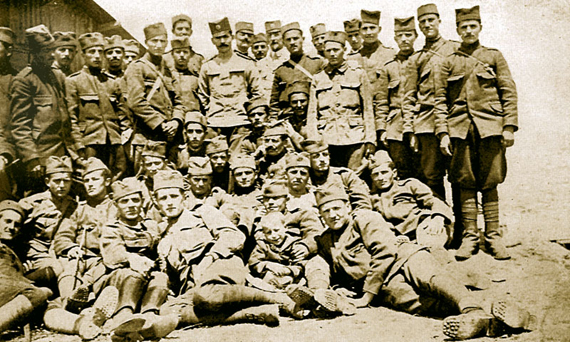 However, the future of such Serbian army needed to be cared for. At the beginning of the war, Supreme Command of the Serbian army assigned a group of distinguished students to the military school in Skopje. It was known that the Great war is going to be long and hard, and they were considered a pledge for the future. Far from the front lines, they had the chance to learn and refine their skills. After graduating, they would take part in Serbian army actions and contribute with their education and skills.
However, the future of such Serbian army needed to be cared for. At the beginning of the war, Supreme Command of the Serbian army assigned a group of distinguished students to the military school in Skopje. It was known that the Great war is going to be long and hard, and they were considered a pledge for the future. Far from the front lines, they had the chance to learn and refine their skills. After graduating, they would take part in Serbian army actions and contribute with their education and skills.
Most of them were students of Belgrade University. Some of them dropped out of most prestigious European universities so they could help their country. There were sons of ministers, professors, decorated army officers. There were students from all parts of Serbia, and Austria-Hungary too. There were 1.300 of them.
Colonel Dušan Glišić, a Balkan wars veteran, led the training in Skopje. Average age of these young men was between 21 and 24 years. In their camp, beside standard military topics, one could hear inspired discussions of these young intellectuals and scientist who were in their creative prime. Artists were among them too, and they wrote patriotic songs and poems.
But, the situation on the front lines demanded tough measures. After great losses in the battles on Cer and Drina, Serbian army was depleted, tired and poorly equipped. They needed every pair of hands, every horse, every cannon, every man. Training in Skopje lasted only for two months before Supreme command summoned these fine young men to the front lines.
They were eager to go to the front, full of patriotism and love for their country. Some of them even concealed physical flaws from the enlistment board. On the november 2nd, 1914, citizens saw them off at the Skopje train station with song and flowers.
English newspaper The Observer wrote about the rode of Serbian youth: „This is the only example in history where a small country, Serbia, sends its flowers into war, into fighting units. Its future. Its whole intellectual youth, as a last hope for country’s salvation.“
Supreme Command promoted them into the rank of corporal as soon as they got to the front. They were deployed in operative units with fighting duties. That’s when they got their legendary name “1.300 corporals”. They arrived to the front lines in the midst of the battle. Regent Aleksandar Karadjordjevic greeted them in Gornji Milanovac. He concluded his speech with words: “Not a single step back!”. That phrase became the password that corporals used during the entire war. They raised moral in the army with their appearance.

Photo: Panoramio by Goca Mandić
They raised awareness of the dangerous situation that Serbia was experiencing. On the very first day, many of them, now with the rank of sub-sergeant, left their lives on the battlefield. Only in Battle of Kolubara died 400 of them. In the defense of Belgrade in 1915 they became sergeants, and in the retreat through Albania and at Macedonian front, they became Lieutenants. Until the end of the war, two-thirds of them died.
“With that echo, serious and rigorous Colonel Glišić appeared, now smiled and cheerful. He shouted: That’s the way, heroes! I want song, I want Krauts to hear that Serbs don’t have the fear. The youth was and always will be the carrier of the people’s freedom. Sing, let the Šara mountain hear you! Sing, sing more!“, wrote one of the young officers.
Those who survived became part of the Serbian intellectual elite. Many became respected artists, university professors and members of Serbian Academy of Sciences and Arts. Poet Stanislav Vinaver, architects Aleksandar Deroko and Miladin Pećinar, geographer and historian Vojislav Radovanović, painter Hristifor Crnilović are just some of the members of that generation, who were among the most creative in peace, and among the bravest in war. That’s why 1.300 corporals represent embodiment of patriotism and courage in Serbia.
A street in the center of Belgrade is named after them, as well as streets in Banja Luka and other Serbian towns. Elementary school in Belgrade and high school in Ljig are named “1300 corporals”. On Rajac, near Suvobor, near the place of the battle they were part of, a monument is built to honor them. So their prowess and spirit will never be forgotten.
“I feel sorry for good friends, beautiful young men, who would be useful in their work, in peace. But, why mourn them? Didn’t they die in honest fight? Would it be better if they died in the hospital bed? In these great times, it is sad to die a natural death.”, wrote one of the 1.300 corporals, Jovan Babić.
 The article supported by The Office for Cooperation with Diaspora and Serbs in the Region.
The article supported by The Office for Cooperation with Diaspora and Serbs in the Region.
Zlatko Todorović

